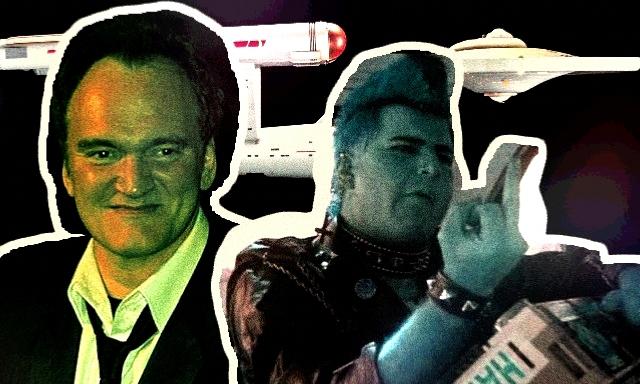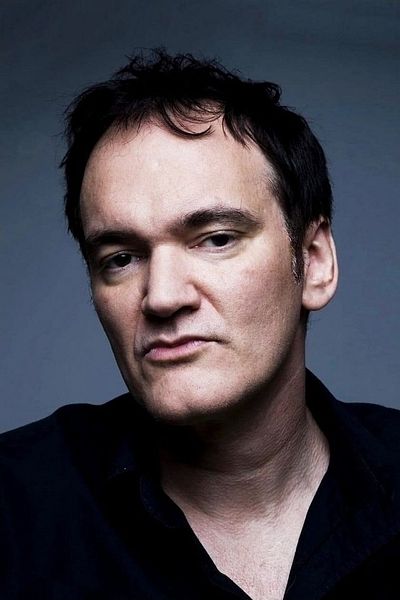Let's be clear on this, in case you think we're being prudes - we love cursing.
Some of the most quotable lines of dialogue in modern movie history involve curse words. Hell, 'Goodfellas' and that shine-box moment with Frank Vincent and Joe Pesci is a party trick. Cursing adds flavour to any conversation, imbues it with passion and vitality, and reminds you that not only is there a human talking back to you, but that they actually give a shit. A quote attributed to Malcolm X states that a person curses because they can't find the words to say what's on their minds. Cursing is not of the mind, but of the heart and the stomach. It bursts out of you. You can't control it. It's versatile, it offers up exultation or exclamation when it's used.
Yet, for all of our love for it, there is no way it should be in 'Star Trek'. The simple fact is that the very idea, the very concept of 'Star Trek' is that humanity has evolved past it. It's the same way that money has been done away with in Gene Roddenberry's utopian vision of the future. Humanity no longer needs it. More to the point, there's now universal translators in use across all of the starships in the Federation. Cursing is a local vernacular that's only ever deployed in 'Star Trek' by the likes of the Klingons, and often to display how crude they are.
It's odd that Quentin Tarantino, who is an avowed 'Star Trek' fan, would think that cursing might work in his vision. You watch through the Original Series, 'The Next Generation', even 'Deep Space Nine' which was arguably the roughest and down-and-dirty of the series, and it seems hard to imagine how cursing would feature. Sure, you might have the odd "Bollocks" from Chief O'Brien once in a while, but largely, it just doesn't match up.
There's always been an argument - and it's a valid one, to be fair - that 'Star Trek' fans prefer nostalgia over something that actually evolves the franchise. When 'Star Trek: Discovery' opted for a more conventional approach in its second season, audiences seemed to welcome it more than the first season. Likewise, the long-awaited 'Picard' series is laying the ground with audiences that it won't merely be a rehash of 'The Next Generation'. Change is always difficult, especially in such an established institution like 'Star Trek'.
But the difference here is between change and something that's outright alien to it, and not in a good way. 'Star Trek' believes that humans are smarter, more refined, more erudite in the future. We here in the present can't be described as such.
That's what makes 'Star Trek' so appealing.




















































































